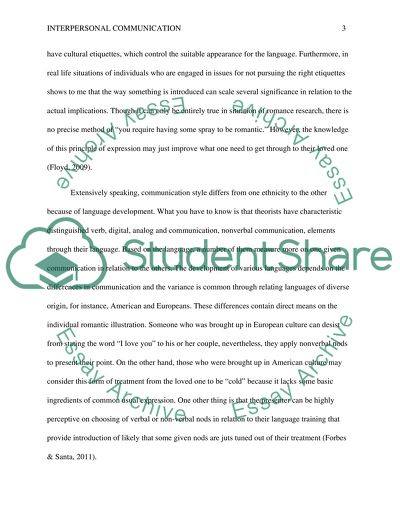Cite this document
(“Interpersonal communication Term Paper Example | Topics and Well Written Essays - 1750 words”, n.d.)
Retrieved from https://studentshare.org/other/1393397-interpersonal-communication
Retrieved from https://studentshare.org/other/1393397-interpersonal-communication
(Interpersonal Communication Term Paper Example | Topics and Well Written Essays - 1750 Words)
https://studentshare.org/other/1393397-interpersonal-communication.
https://studentshare.org/other/1393397-interpersonal-communication.
“Interpersonal Communication Term Paper Example | Topics and Well Written Essays - 1750 Words”, n.d. https://studentshare.org/other/1393397-interpersonal-communication.


